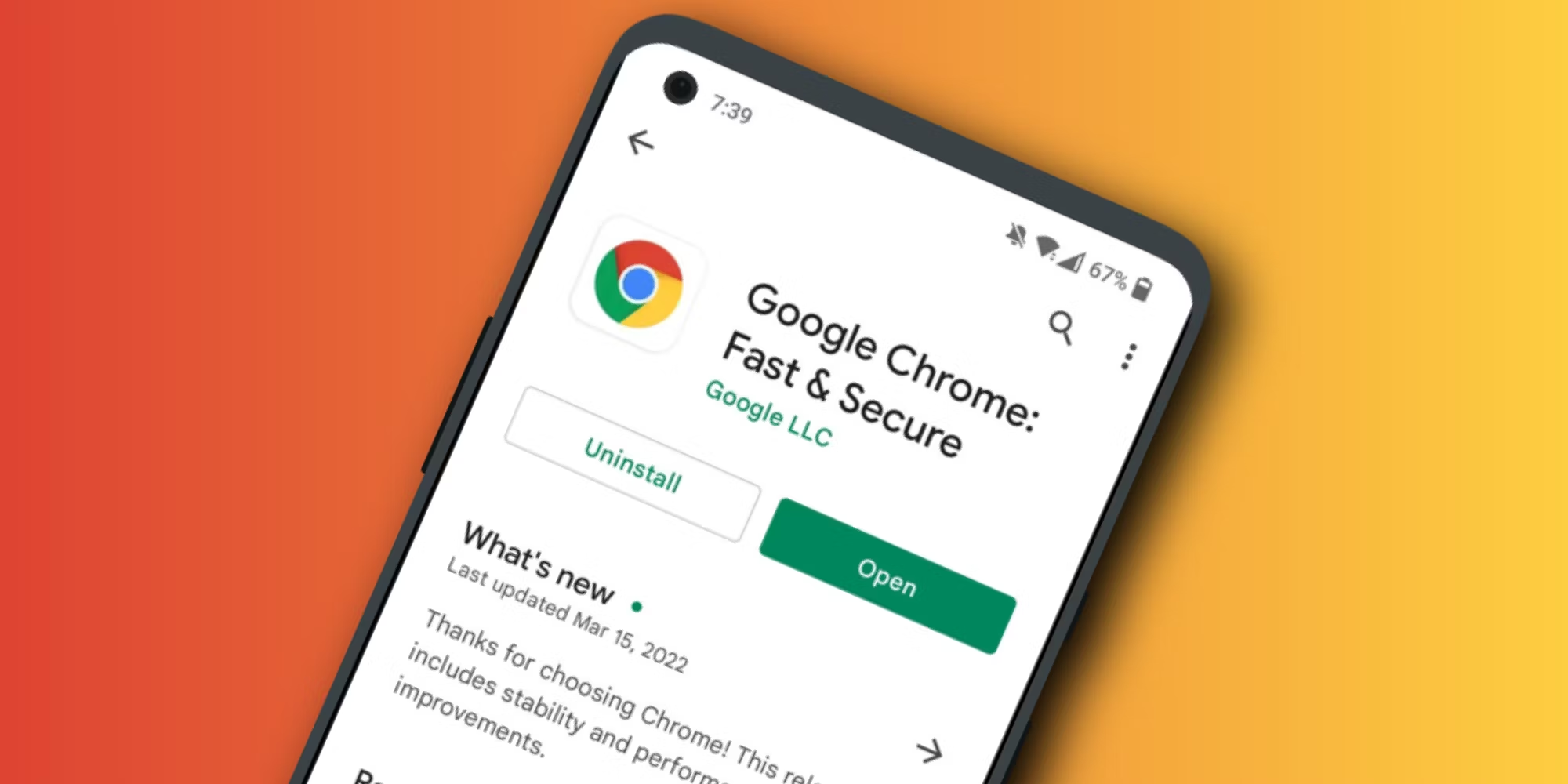There are substantial implications for cybersecurity that may be derived from the changing lifestyle of Generation Z
The actions, preferences, and interactions of digital natives born into a time of rapid technological advancement significantly impact the cybersecurity landscape.
This analysis will examine the convergence of Generation Z’s behaviors and cybersecurity concerns, as well as the corresponding obstacles and remedies.
- 1 First-Page Digital Communication
- 2 Use of Mobile Devices
- 3 Gambling Online
- 4 Behavior Conscious of Privacy
- 5 Working remotely and the gig economy
- 6 Innovations in Technology and Alterations in Lifestyle Preferences
- 7 Platforms for Education and Online Learning
- 8 Participation in Society and Activism
First-Page Digital Communication
Generation Z favors online platforms such as video calls, instant messaging applications, and social media for communication. The heavy dependence on digital platforms amplifies the vulnerability to deceptive attacks and privacy breaches.
Cybersecurity education addresses these hazards, which is critical for the current generation. Implementing robust, distinct passwords for every account and consistently updating software is essential to bolstering security across many platforms and services.
Use of Mobile Devices
Given that Generation Z’s primary device is the smartphone, mobile security has emerged as an issue of the utmost importance. Mobile devices are susceptible to additional online dangers, including those associated with unsecured Wi-Fi networks, mobile malware, and risky app installations.
Robust mobile security solutions and education regarding secure mobile practices are required. Generation Z should be incentivized to enable multi-factor authentication on all devices and applications, where possible.
Service providers must subject their applications to thorough security testing and advocate for end-to-end encryption to protect data during transmission and storage.
Gambling Online
Due to their enthusiasm for e-sports and online gaming, Generation Z is susceptible to particular cybersecurity risks, including doxxing, account hacking, and game-related fraud.
Critical cybersecurity concerns include educating young users about secure gaming practices and safeguarding online gaming environments. Game developers and service providers must incorporate resilient verification techniques and real-time monitoring to promptly identify and address abnormal activities.
Parents and educators must cultivate an atmosphere promoting candid dialogue regarding cyber hazards, urging juvenile gamers to disclose any dubious activities or violations promptly.
Behavior Conscious of Privacy
In addition to their online activity, members of Generation Z exhibit a heightened awareness of privacy concerns. They place a high value on cybersecurity features that safeguard their privacy and anonymity. This consciousness fuels the demand for sophisticated privacy and security laws and solutions.
Potential technological remedies may encompass implementing virtual private networks (VPNs), encrypted messaging applications, and modifying privacy configurations across multiple online platforms.
Organizations must provide extensive user controls that enable users to efficiently oversee their data, bolstering confidence and adherence to privacy regulations.
Academic programs that educate Generation Z members on the consequences of disclosing personal information and the significance of conducting routine privacy assessments enable them to protect their online persona proactively.
Working remotely and the gig economy
The inclination of Generation Z towards remote job opportunities and freelance work underscores the importance of implementing secure remote access solutions, maintaining awareness of secure data handling practices, and safeguarding personal devices from potential risks when used for work-related activities.
It is imperative for organizations that hire remote workers, including freelancers, to provide cybersecurity training that encompasses optimal methodologies for securely utilizing both personal and company devices.
It is crucial to properly configure remote access software to restrict access to sensitive information and systems to authorized users only.
Innovations in Technology and Alterations in Lifestyle Preferences
The rapid adoption of IoT devices, wearables, AR/VR, and trends like electronic cigarettes by Generation Z has an impact on their cybersecurity.
Their preference for digital payments and online purchasing increases the likelihood of fraud and identity theft. Electronic cigarette popularity, particularly among premium vaporizer brands such as Voopoo, highlights the criticality of implementing secure online transaction protocols.
The CEO of VooPoo, Everest Zhao, advocates for online privacy and consumer rights. He steers VooPoo toward establishing and implementing juvenile protection policies and effective privacy measures. Voopoo implements age verification and age restrictions in promotional activities to ensure the safety of minors and adherence to legal requirements.

Their secure networks and comprehensive data protection strategies, which include encryption, demonstrate their leadership in industry security standards. In addition, Voopoo provides early warnings of potential security threats or intrusions by employing machine learning to detect unnatural patterns or behaviors.
Platforms for Education and Online Learning
Given the prevalent adoption of online courses and digital educational resources, it is imperative to establish robust security measures for educational platforms to prevent intrusions, safeguard student data, and maintain the integrity of online learning environments.
Academic institutions should implement regular vulnerability assessments and security evaluations to detect and mitigate potential threats to their digital learning platforms.
It is necessary to educate educators and students to identify contemporary social engineering attacks and other prevalent cybersecurity threats.
Participation in Society and Activism
Due to their utilization of digital platforms for activism and social engagement, Generation Z has become susceptible to assaults that seek to stifle dissent or disseminate misinformation.
Activists should employ secure communication channels to partition and exchange sensitive information, ensuring their dialogues remain impervious to unauthorized surveillance and interception.
It is imperative for platforms that host activist content to bolster their surveillance systems to detect and counteract targeted attacks and disinformation campaigns promptly.
It is critical to consistently ascertain the sources’ reliability before disseminating content, regularly use fact-checking services, exercise skepticism towards sensationalized headings, and cross-reference news with multiple reputable outlets.
Because Generation Z propels innovation and demands customization in various industries, robust cybersecurity measures are necessary.
Personal information must be safeguarded against unauthorized access and theft, transactions must be encrypted, and scams must be avoided. To comprehend the dynamic way of life of Generation Z in the context of cybersecurity, it is necessary to recognize the distinctive ways in which they engage with technology.
As a result of this acknowledgment, cutting-edge cybersecurity solutions and training programs that are customized to address their specific routines, apprehensions, and anticipations are created.



